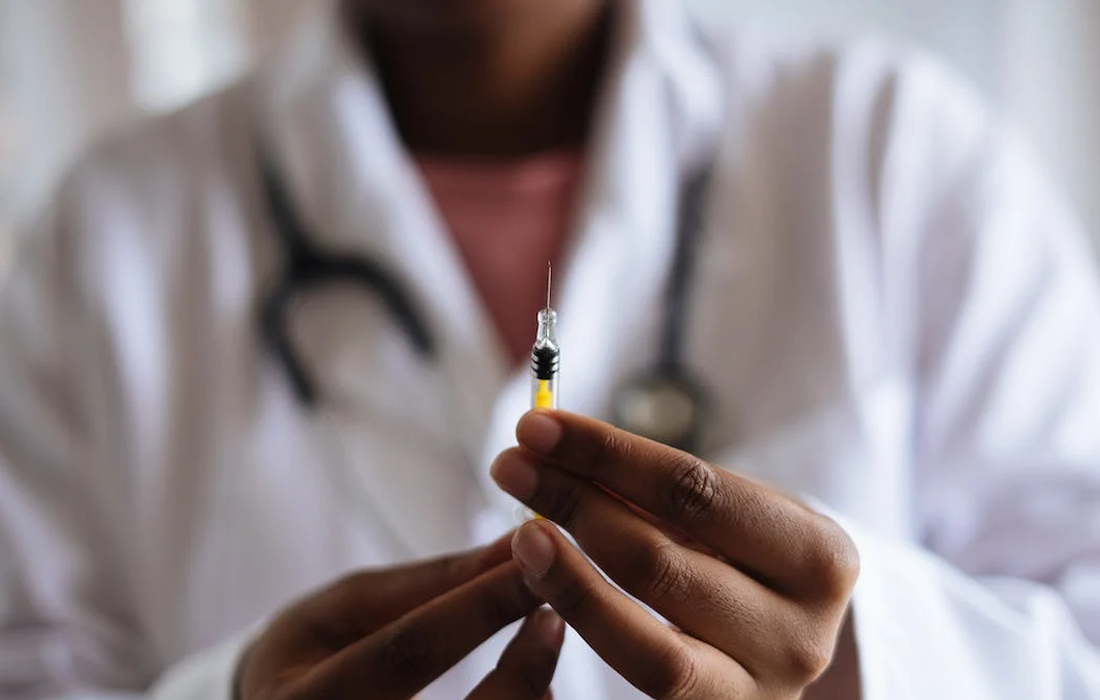Regenerative Medicine News and General Information
A Novel Stem Cell Adhesive Using Mussels
Cartilage is a tissue that protects bones by providing shock absorption and facilitates smooth joint movement. Unfortunately, due to its limited intrinsic healing capacity, stem cell transplantation is a promising therapeutic approach to address cartilage inflammation and damage, as well as to promote cartilage regeneration.
However, a major limitation of this technique is the rapid disappearance of transplanted stem cells from the smooth cartilage surface and fluidic environment around cartilage, resulting in less effective treatment outcomes.
Recently, a joint team of researchers from POSTECH, Dongguk University Medical Center, and Nature Gluetech in Korea has developed a novel treatment strategy for damaged cartilage, involving the use of a viscous immiscible liquid that is capable of facilitating the transplantation of stem cells into affected tissue by means of adhesive protein derived from mussels and hyaluronic acid.
The researchers developed a novel bioadhesive material in the form of a viscous immiscible liquid phase to overcome the limitations of the conventional treatment strategy.
This was achieved by combining adhesion protein derived from mussels with high-molecular-weight hyaluronic acid, which exhibits opposing charges and thus facilitates electrostatic interactions between them. By engineering a highly viscous liquid bioadhesive that does not disintegrate or swell in water, the team formulated an adhesive material that can securely encapsulate stem cells and facilitate their firm attachment to the transplantation site.
In addition, the team demonstrated that stem cells encapsulated within the liquid bioadhesive were retained in situ when transplanted into defective cartilage in a rabbit model evaluation.
The prolonged retention of transplanted stem cells within damaged cartilage facilitated cartilage regeneration and enhanced the therapeutic effects of stem cell transplantation. An additional benefit of the adhesive liquid developed by the team includes a natural adhesive that does not require any additional physical or chemical processes.
Professor Hyung Joon Cha who led the research stated, “The therapeutic effects of stem cells can be significantly enhanced by using mussel adhesion protein, an original biomaterial developed in Korea.” He also noted that “Because the liquid bioadhesive can be formulated for injection, it has the potential to be an effective treatment for damaged cartilage when used in stem cell transplantation via an arthroscope, similar to an endoscope.”
The material technology for mussel adhesion protein has been transferred to Nature Gluetech Co., Ltd. and a clinical study of the stem cell adhesive named CartiFix, which was developed for arthritis treatment in this research, is expected to begin soon.
Sources:
Seong-Woo Maeng, Ji-Yun Ko, Tae Yoon Park, Jinyoung Yun, So Hyun Park, Sang Jun Han, Kye Il Joo, Seongmin Ha, Mingoo Jee, Gun-Il Im, Hyung Joon Cha. Adipose stem cell transplantation using adhesive protein-based viscous immiscible liquid for cartilage reconstruction. Chemical Engineering Journal, 2023; 463: 142379 DOI: 10.1016/j.cej.2023.142379
Pohang University of Science & Technology (POSTECH). (2023, May 3). A novel stem cell adhesive using mussels. ScienceDaily. Retrieved May 3, 2023 from www.sciencedaily.com/releases/2023/05/230503085331.htm
Photo by RF._.studio from Pexels: https://www.pexels.com/photo/person-holding-injection-3825529/

